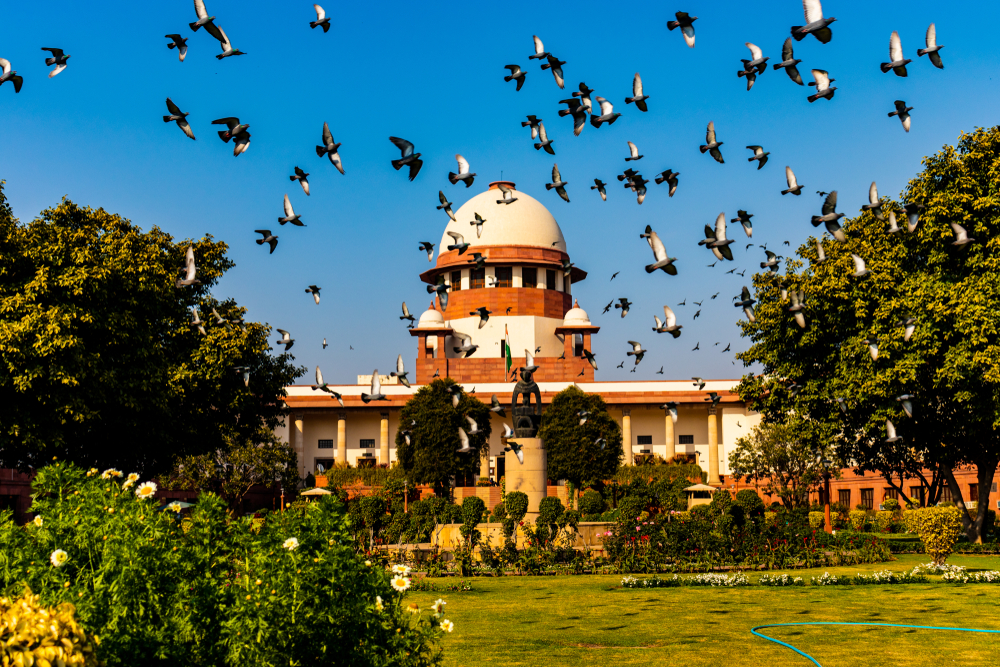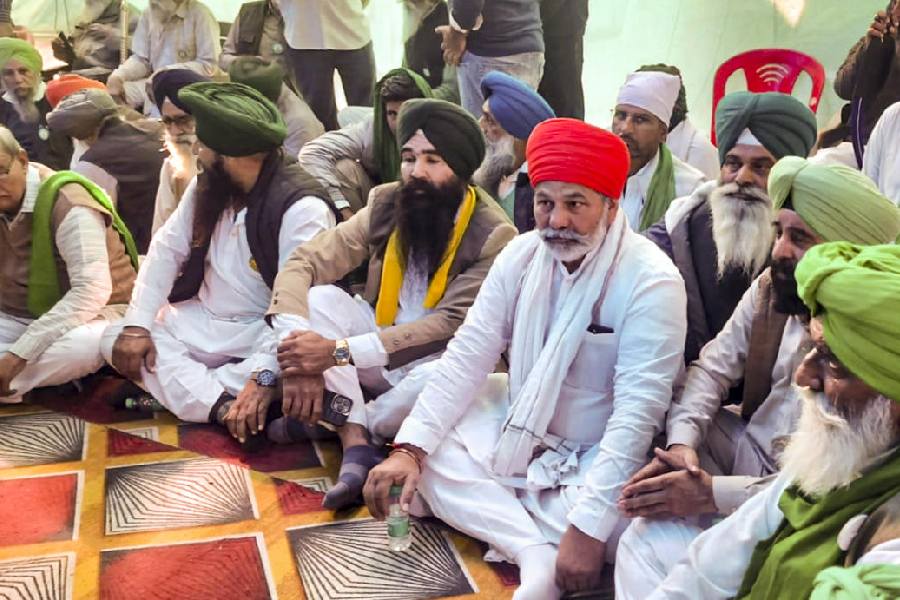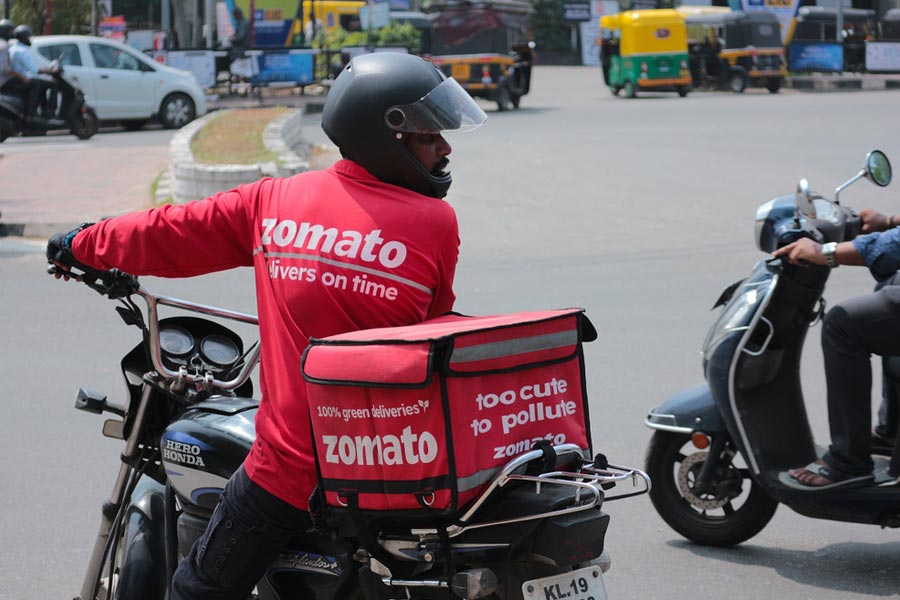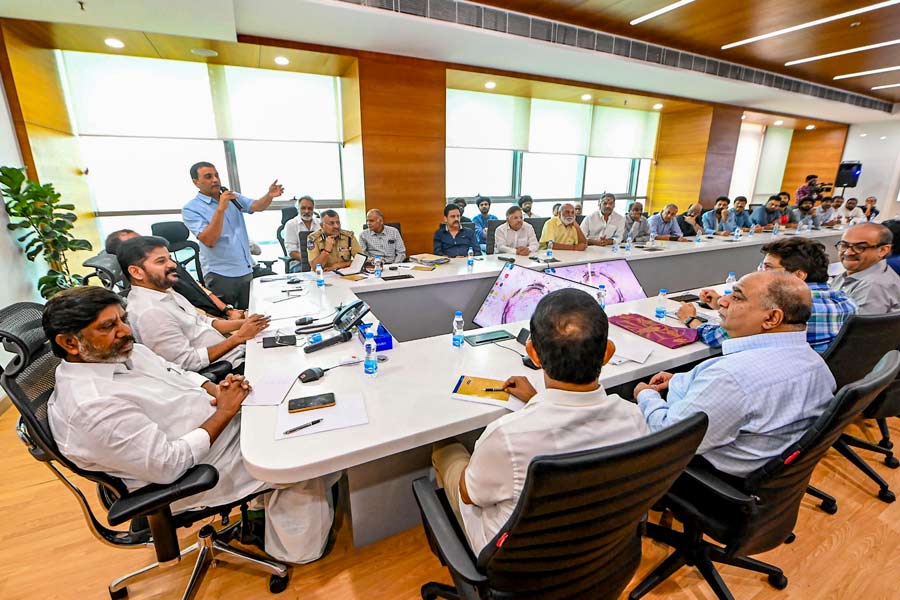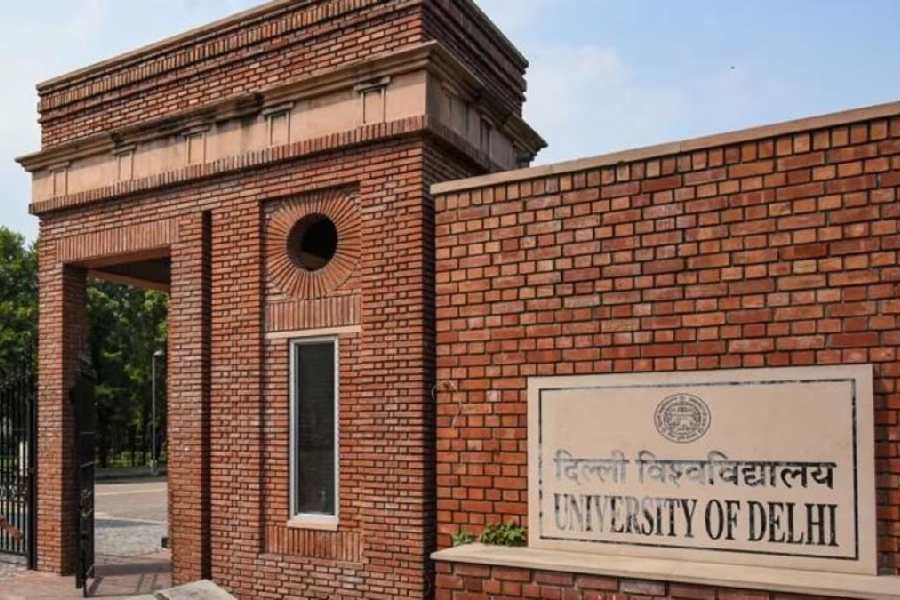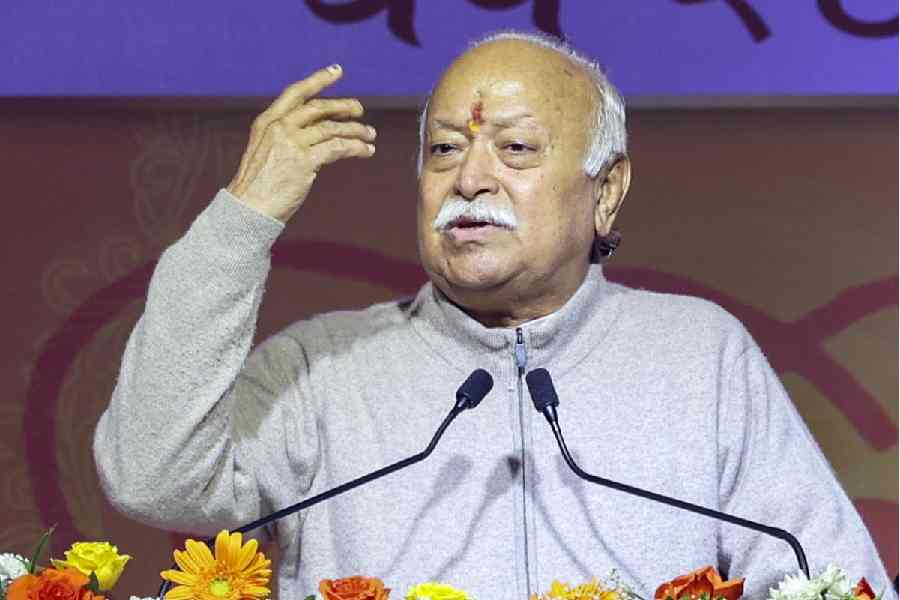Displaced workers have no absolute fundamental right to employment and a government can in “overriding public interest” renege on a job promise to a group without having to provide “individual opportunities” to everyone in the group, the Supreme Court has ruled.
It set aside the concurrent findings of a single judge and a division bench of Kerala High Court that said the Kerala government could not abandon its promise to absorb the arrack workers rendered jobless by the 1996 ban on the liquor in the state.
The high court benches had upheld the contention of the displaced workers — who had lost their jobs because of a government decision and not incompetence or wrongdoing — that they were entitled to employment under Article 21 (right to life and liberty).
But the apex court bench of Justices L. Nageswara Rao and Hemant Gupta disagreed that the workers’ right of appointment under the government promise had “matured into a right to life” and also stressed that fundamental rights were subject to reasonable restrictions.
Some 12,500 abkari workers (liquor industry workers) had lost their livelihood after Kerala banned arrack on April 1, 1996.
Following an agreement with them, the government notified in February 2002 that the state-run Kerala Beverages Corporation would fill 25 per cent of its day labourer requirements from among these displaced workers.
But in August 2004, the government tweaked the policy, saying the corporation would recruit 25 per cent of its day labourers from among the dependent sons of arrack workers who had died after losing their jobs to the arrack ban.
The aggrieved abkari workers challenged this, alleging discrimination against the surviving workers whose options had now been closed.
A single-judge high court bench in May 2015 ordered the state government to stick to the 2002 policy. A division bench dismissed the appeals filed by the state and the corporation, which argued the corporation lacked enough vacancies to enforce the 2002 policy.
“The promise held out by the government to provide employment to the displaced workers had become an impossible task in view of the non-availability of vacancies in the corporation,” Justice Rao, who authored the apex court judgment, said.
“The decision taken by the government in overriding public interest was a measure to strike a balance between the competing interest(s) of the displaced abkari workers and unemployed youth…. The impairment of the fundamental rights of the respondents due to the change in policy cannot be said to be excessive. Hence, it cannot be said that the change in policy regarding re-employment of displaced abkari workers is disproportionate.”
It added: “The principle of procedural legitimate expectation would apply to cases where a promise is made and is withdrawn without affording an opportunity to the person affected. The imminent requirement of fairness… is to give an opportunity to the person who is deprived of a past benefit. In our opinion, there is an exception to the said rule.
“If an announcement is made by the government of a policy conferring benefit on a large number of people but subsequently, due to overriding public interest, the benefits that were announced earlier are withdrawn, it is not expedient to provide individual opportunities to such innominate (unspecified) number of persons. In other words, in such cases, an opportunity to each individual to explain the circumstances of his case need not be given.”

